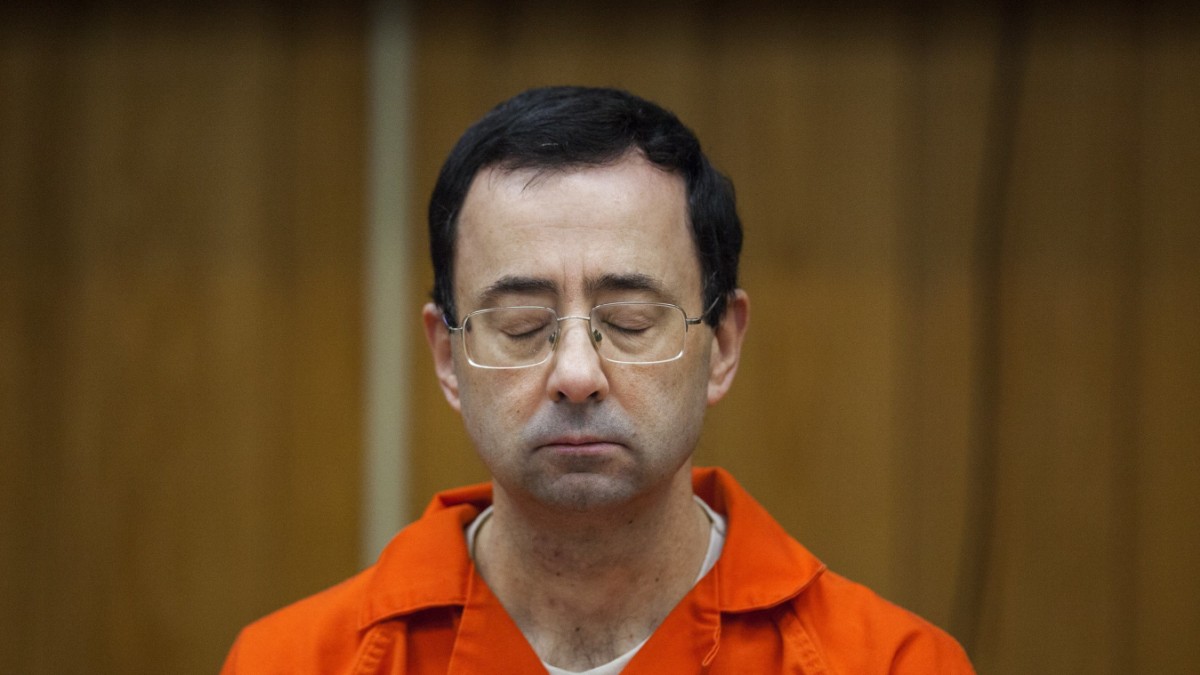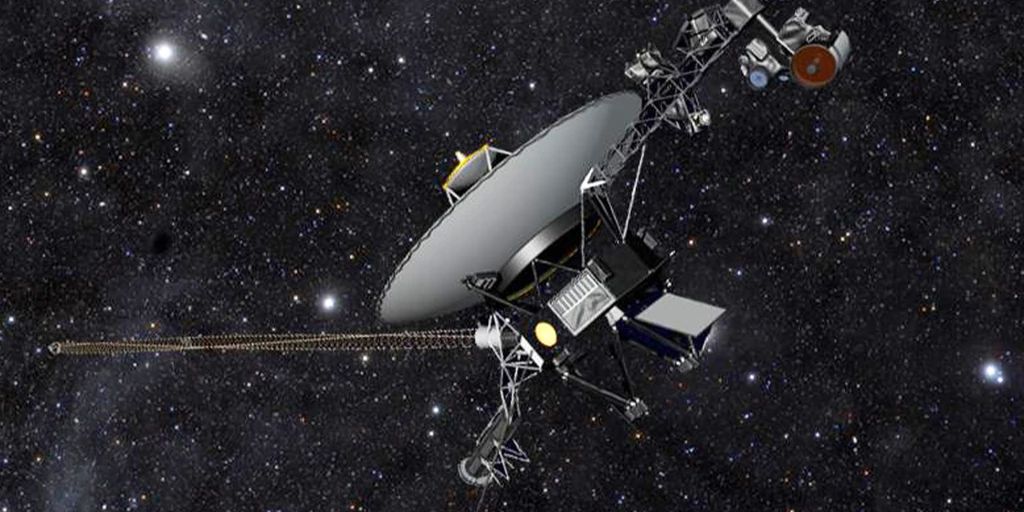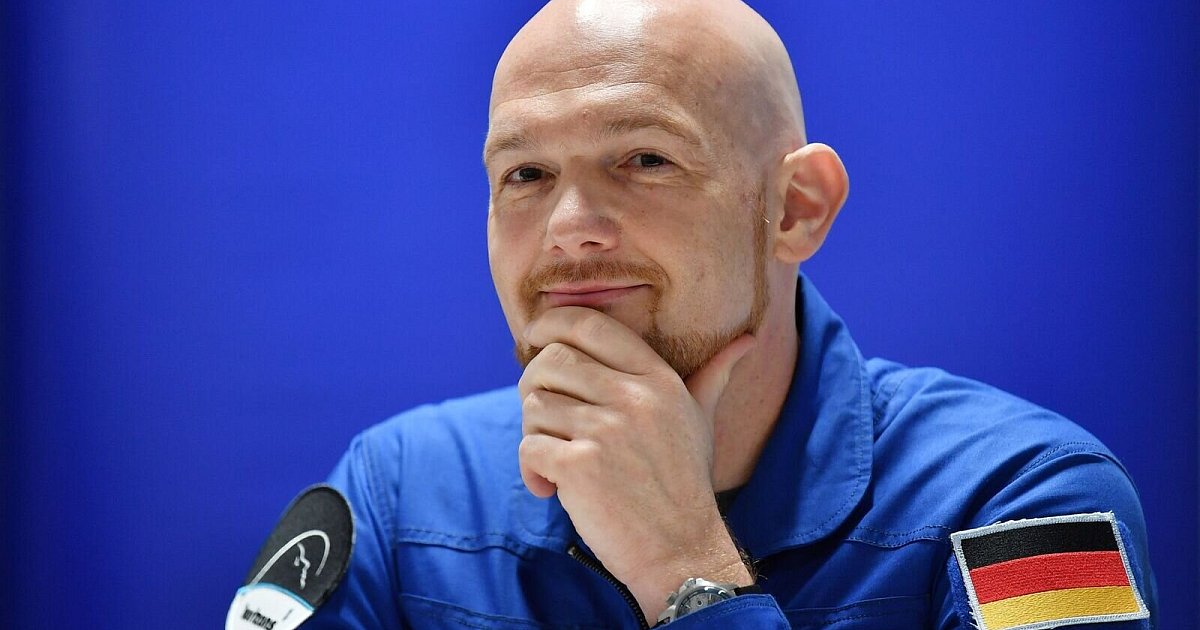Astronaut Alexander Gerst does not believe that there is an internal competition between European astronauts for the selection of participants for a possible lunar mission. “We are all good friends in the astronaut corps,” says the 46-year-old after a multi-day expedition in Nördlinger Ries, a roughly 15-million-year-old meteorite crater in Bavaria and Baden-Württemberg. “It’s not based on the fact that you have to be better than the other to be able to fly early.” All candidates are at the same level.
The European Space Agency (ESA) is preparing its astronauts so that in a few years they can travel to the moon in one of the “Artemis” missions planned by NASA. So far, Gerst said, it appears there are places for Europeans on three expeditions. Seven astronauts are currently eligible for this purpose. Gerst emphasized that Europe is an important part of the new moon missions. “We don’t fly as guests, we build half the spaceship,” he told the German news agency DPA.
“We find it very convenient, all of us”
Ultimately selecting participants also relates to political issues, Gerst said. Because in Europe, flights will also be distributed among the member states. Gerst sees no competition, not even with the second active German astronaut Matthias Maurer. “We find it very comforting, all of us, not just Mr. Maurer and me.” In addition, there is still some time until the first flight on the moon with a European participant. “There are simply more important things than deciding on personnel,” Gerst said of the current situation.
Maurer himself recently said that it is a pity “to be presented as if we were competitors just because we were on the International Space Station”. Perhaps in a few years there will be someone else in the spotlight, Maurer said.
Geophysicist, volcanologist and former commander of the International Space Station, Gerst, nicknamed “Astro Alex,” is considered a promising candidate. He has already been to the International Space Station twice. He has now examined rock samples around Nördlingen with NASA candidate Stephanie Wilson. Wilson could become the first woman to walk on the moon.
Half a century ago, cosmonauts were preparing for space flights in the crater of the volcano in Germany, which has a diameter of 25 kilometers. NASA first sent participants in the Apollo moon missions to Nordlingen for training in 1970.
Read a story from the rocks
“We had to learn to read, so you could read a story out of the rocks,” Gerst said of the training. “Each type of rock has its own history.” A meteorite impact like that at Nördlingen leaves behind stones other than a former volcano. It’s about memorizing this so you can learn about related rocks on the Moon.
Gerst and Wilson had previously made a trip to the Bletterbach Strait in the Italian Dolomites. The course is scheduled to continue on the Spanish island of Lanzarote in November.
NASA has twice recently canceled a drone launch as part of the Artemis lunar mission due to technical issues. A fresh start is now scheduled for the end of September. The difficulties that arose do not worry Gerst. It’s a test system and something like that is normal. “I would find false starts bad, but absolutely a small technical problem,” he said.

“Alcohol buff. Troublemaker. Introvert. Student. Social media lover. Web ninja. Bacon fan. Reader.”





More Stories
Principles and features of the folk nutritional principle
Science: The percentage of women in mint topics rises to a third
Newly appointed Science, Research and Innovation Council